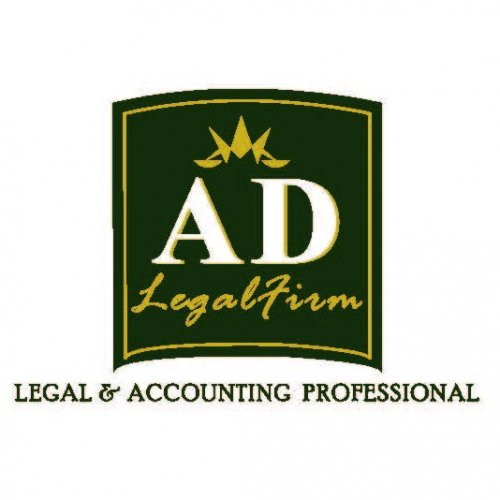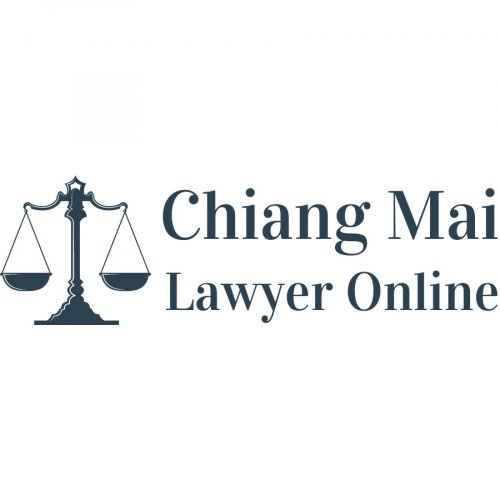Best Business Registration Lawyers in Chiang Mai
Share your needs with us, get contacted by law firms.
Free. Takes 2 min.
List of the best lawyers in Chiang Mai, Thailand
Thailand Business Registration Legal Questions answered by Lawyers
Browse our 7 legal questions about Business Registration in Thailand and the lawyer answers, or ask your own questions for free.
- Do I need an address in Thailand to form a Thai company?
- I spend most of my time abroad, however, I have a business in Thailand, does the company address need to be in Thailand?
-
Lawyer answer
Yes, your company must be registered at a physical address in Thailand, and this is where you will receive official documents and notices. If you rent this address, you must first get permission from the property owner to agree to...
Read full answer - How many shareholders are required to form a Thai company?
- I have a small marketing agency with a mix of Thai and foreign management and I am looking to register it as a Thai company
-
Lawyer answer
At least three shareholders are required. Under certain conditions, a private limited company may be completely foreigner-owned. However, in relation to activities reserved for Thai nationals under the Foreign Business Act, foreign ownership is permitted up to a maximum of...
Read full answer - How can I register a company name in Thailand?
- I am about to open my new business and I would like to make I register the company name as soon as possible.
-
Lawyer answer
To register a company name in Thailand, it is first necessary to reserve the company name with the Department of Business Development (DBD).It is required that the name of the proposed company must always end with the word "limited". The...
Read full answer
Disclaimer:
The information provided on this page is for general informational purposes only and does not constitute legal advice. While we strive to ensure the accuracy and relevance of the content, legal information may change over time, and interpretations of the law can vary. You should always consult with a qualified legal professional for advice specific to your situation. We disclaim all liability for actions taken or not taken based on the content of this page. If you believe any information is incorrect or outdated, please contact us, and we will review and update it where appropriate.

















